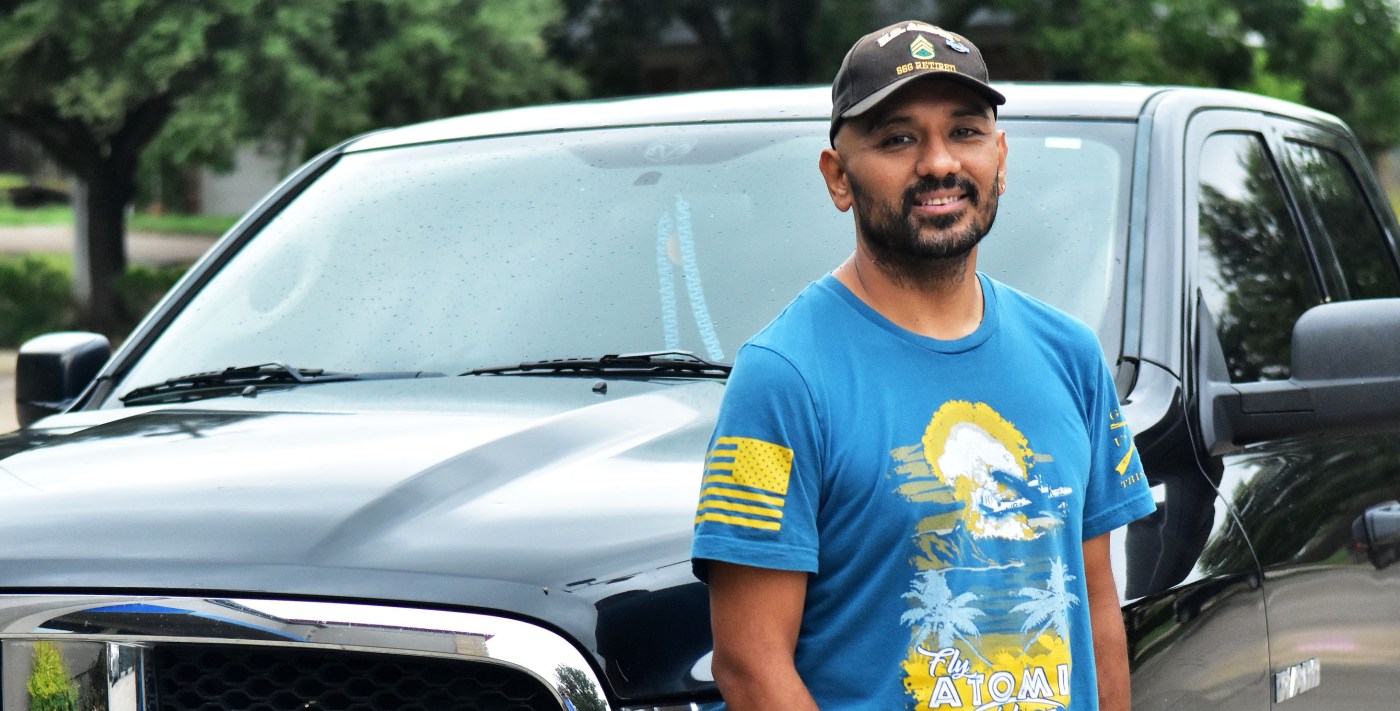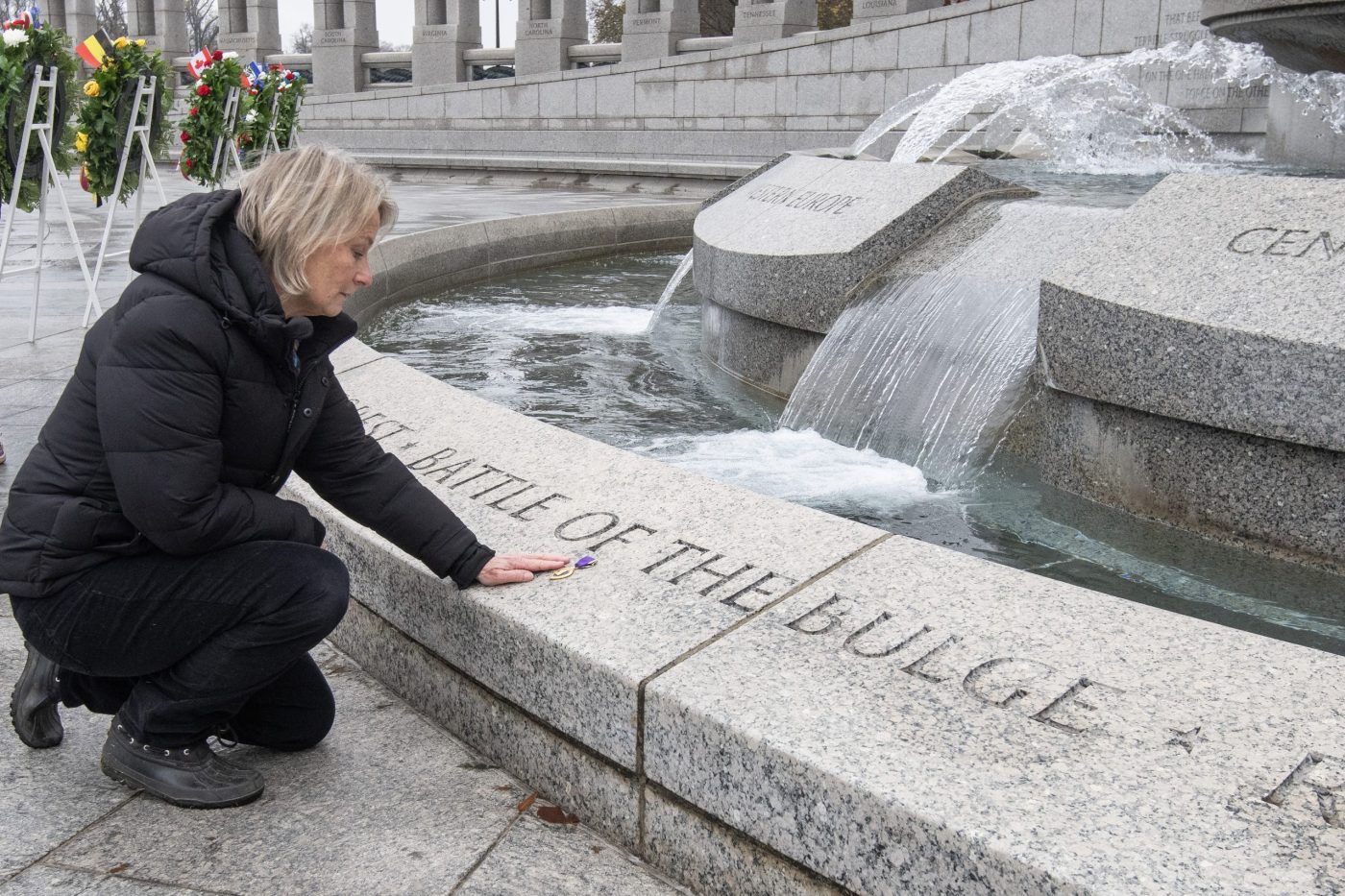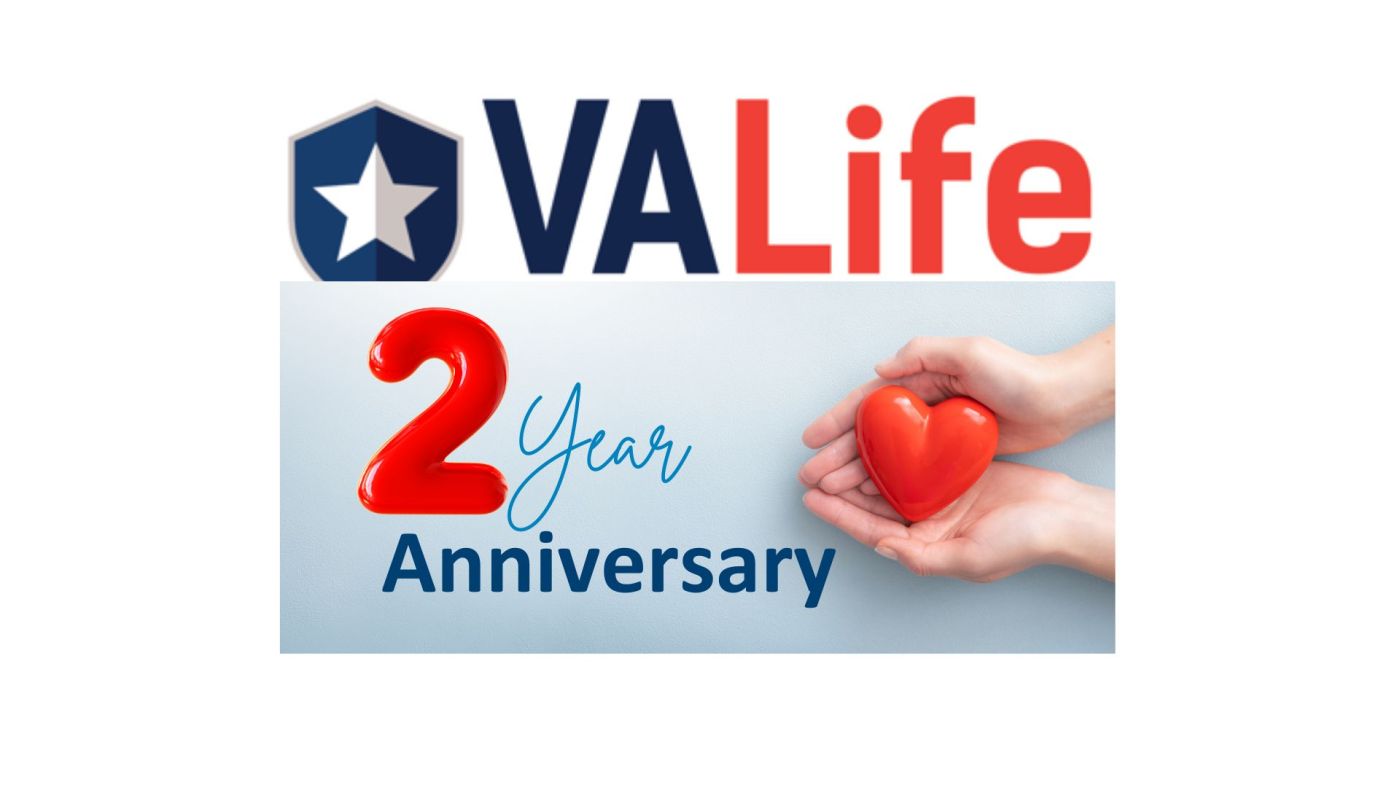Russell Fields patrolled the gritty, dangerous streets of Al-Fallujah, Iraq.
An Eagle Scout, college graduate, and airborne-qualified Soldier, Fields led soldiers as a noncommissioned officer in the 10th Mountain Division. His unit fought street-to-street, door-to-door, in urban conflict. He lost Soldiers, placing them in body bags.
Reality changed for Fields when he left the battlefield and the military to return home to Texas and start a new life.
“I wasn’t ready,” Fields said. “I had no choice but to handle it.”
Fields faced a new form of combat. Flashbacks, images of combat, and the faces of those killed came rushing back. Everyday events like shopping, loud noises and crowds of people left him unprepared.
“When I retired and left the security of the base and the support of my troops, everything changed, and I didn’t know what was happening,” said Fields.
Trying to escape
Ultimately, Fields’ PTSD and depression ruled his days and haunted his nights. He began looking for ways to escape.
“I had four or five plans to kill myself and wasn’t thinking beyond me,” he said. “I wasn’t being rational, but I didn’t know that then.”
Fields began lashing out at family and friends, and on more than one occasion, those he lashed out at called the Veterans Crisis Line for help.
“The struggle with suicidal thoughts is a common experience for Veterans,” said Natalie Qualls, VA North Texas suicide prevention coordinator. “There is no wrong path Veterans or their family members can take for help–we just want them to reach out.”
After several starts-and-stops, Fields connected with a mental health team at VA. The team helped him overcome his challenges with understanding and respect. And now, some six years later, he still relies upon the Veterans Crisis Line from time to time.
“I call and make it clear that I’m not a danger to myself or others, but that I need to talk with someone who can help me through a particularly hard time,” said Fields.
Veterans Crisis Line calls
The VA Veterans Crisis Line, developed in 2007, has fielded nearly 4 million calls, 500,000 chat sessions and 100,000 text messages. Operators have referred more than half a million Veterans to VA suicide prevention coordinators.
VA takes a community approach to combating Veteran suicide, recognizing help needs to be available where every Veteran lives, works and thrives. Veterans may not live near a VA facility. To fill that gap, the crisis line is one very important avenue for help.
“We don’t care where our Veterans reach out to for help, just that they do, and where ever that may be, we’re ready and prepared to help as a community,” said Qualls.
Every VA facility has a team of Veteran Suicide Prevention Coordinators tasked with branching out into every community. These teams provide resources, information and education about suicide prevention.
VA North Texas region receives the highest number of Veteran Crisis Line calls and maintains the highest follow up contact rate of any region in the nation. VA North Texas’ team has six suicide prevention coordinators. Nearly 600 mental health professionals back up the team. They receive nearly 300 calls every month, referred to them from the Veterans Crisis Line. Operators answer calls 24-hours a day, 7-days a week, 365-days a year. Additionally, the North Texas team reaches out to every community, conducting education and awareness events. This spans 40 serviced counties as they build relationships with community partners.
Upon receiving a call, the suicide prevention teams’ first task is to evaluate the Veterans status, and if necessary, dispatch emergency services to conduct a welfare check. About 30 such dispatches happen each month. Once the Veteran is safe, the team talks with the Veteran or family member to arrange follow on care and support.
Impact to Veterans

VA North Texas’ suicide prevention team owns two specially designed vehicles to help spread the word about the Veterans Crisis Line.
“The impacts of combat, PTSD, and trauma like this don’t go away,” said Qualls. “That’s why we’re here, not just to talk them off the ledge, but also to provide on-going support.”
VA’s multi-faceted approach to suicide prevention aims to drive Veterans toward the right care, whenever and where ever needed. This means using prevention approaches that cut across all sectors in which Veterans may interact. Examples include collaborating with Veterans service organizations, state and local leaders, medical professionals, criminal justice officials, private employers and other stakeholders. Suicide prevention is a discussion that must be present in Veterans’ daily lives, not just their interactions with VA.
“For some, combat never really ends,” said Qualls. “We’re here to help them with that fight, no matter how long it takes. No Veteran is alone in this fight.”
Michael Cole is a public affairs specialist with VA North Texas Heath Care System.
Topics in this story
More Stories
June 6, 2024 was the 80th anniversary of the D-Day landings that turned the tide of World War II. It was commemorated on France's Normandy coast during the first two weeks of June 2024 with events remembering, celebrating and honoring the thousands of American and Allied service members whose enormous sacrifices liberated Europe.
The 80th anniversary of the beginning of World War II's Battle of the Bulge was commemorated at the World War II Memorial in Washington, D.C. on Monday, Dec. 16, 2024.
VA’s newest life insurance program, Veterans Affairs Life Insurance (VALife), has been open for two years and now provides full coverage to its policyholders who enrolled in January 2023.






Being in Germany, we have been forgotten!
I called the Crises Line and now I am being sued by the German police after they (were sent) attached me accusing me and saying I punched them with an elbow from the same shoulder that’s still healing as of this writing from Total Reverse Shoulder Replacement, in which was damaged due to them (police) forcefully bending it behind my back, wondering why I was SCREAMING and HOLLERING. The CRISES line said that there was,
“NOTHING THEY COULD DO” being that I am in Germany. :(
post traumatic stress disorder and trauma like this don’t go away
What is the veterans crisis line number for the Duluth Minnesota area?
If you are a Service member or Veteran in crisis or you’re concerned about one, there are specially trained responders ready to help you, 24 hours a day, 7 days a week, 365 days a year. The Veterans Crisis Line connects Service members and Veterans in crisis, as well as their family members and friends, with qualified, caring VA responders through a confidential toll-free hotline, online chat, or text-messaging service.
Act Now
Dial 1-800-273-8255 and Press 1 to talk to someone.
Send a text message to 838255 to connect with a VA responder.
Start a confidential online chat session at VeteransCrisisLine.net/Chat.
Take a self-check quiz at VeteransCrisisLine.net/Quiz to learn whether stress and depression might be affecting you.
Find a VA facility near you.
Visit MilitaryCrisisLine.net if you are an active duty Service member, Guardsman, or Reservist.
Connect through chat, text, or TTY if you are deaf or hard of hearing.
I commend his bravery… But even the bravest of us can fall victim to post traumatic stress disorder (PTSD) abd depression… May God bless his soul for his service
i wish to be a veteran someday. awesome!